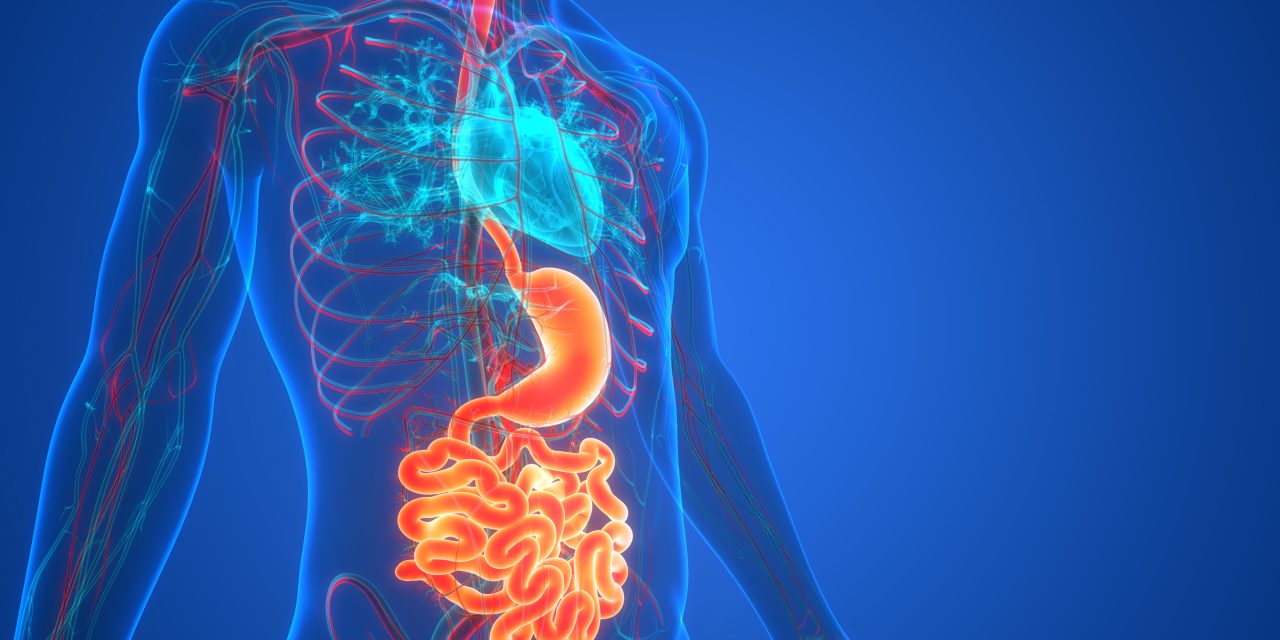While laparoscopic sleeve gastrectomy (LSG) has recently emerged as the predominant surgery type for the national bariatric cohort, the literature suggests that laparoscopic Roux-en-Y gastric bypass (LRYGB) may be more effective in normalizing gastroesophageal physiology for the subset of patients with GERD. This study explored practice patterns over time for patients with GERD or hiatal hernia, a related comorbidity, undergoing bariatric surgery.
Data for LSG and LRYGB were extracted from the Metabolic and Bariatric Surgery Accreditation and Quality Improvement Program (MBSAQIP) datasets for 2015-2018. Multivariable logistic regression analyses were performed to determine the effects of pre-existing GERD or concomitant hiatal hernia repair on surgery type.
A total of 130,772 patients underwent LRYGB (30.5%) or LSG (69.5%) in 2015, which increased year-to-year to 161,275 patients in 2018 (74.61% LSG). A total of 38.4% LRYGB patients had pre-existing GERD vs. 27.55% LSG patients. Patients with pre-existing GERD were increasingly likely to undergo LRYGB vs. those without GERD (OR 1.205 [95% CI 1.17-1.24] in 2015 vs. OR 1.510 [95% CI 1.47-1.55] in 2018, p < 0.0001 across years). Concomitant hiatal hernia repair was less common among LRYGB patients across all years (OR 0.413 [95% CI 0.4-0.43] for 2015; OR 0.381 [95% CI 0.37-0.4] for 2016; OR 0.403 [95% CI 0.39-0.42] for 2017, OR 0.464 [95% CI 0.45-0.48] for 2018, p < 0.0001).
Bariatric patients with pre-existing GERD are increasingly likely to undergo LRYGB, consistent with the literature. LSG is presently more common in the overall cohort and among those undergoing concomitant hiatal hernia repair. Despite the growing recognition of GERD in bariatric patients, a significant discrepancy persists in hiatal hernia management per bariatric procedure type.
A Step in the Right Direction: Trends over Time in Bariatric Procedures for Patients with Gastroesophageal Reflux Disease.


